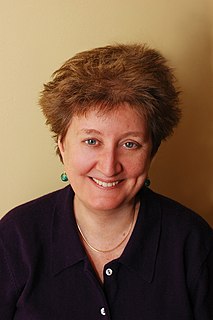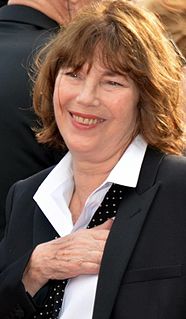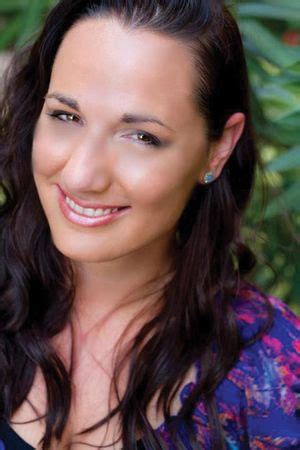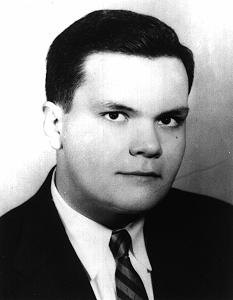A Quote by Katha Pollitt
My mother had an illegal abortion in 1960, which was the year the birth control pill came out, but I guess a little late for her, but - and I never knew. I found out when my father, after her death, got her FBI file.
Related Quotes
Her [Eleanor Roosevelt] father was the love of her life. Her father always made her feel wanted, made her feel loved, where her mother made her feel, you know, unloved, judged harshly, never up to par. And she was her father's favorite, and her mother's unfavorite. So her father was the man that she went to for comfort in her imaginings.
Hats change everything. September knew this with all her being, deep in the place where she knew her own name, and that her mother would still love her even though she hadn’t waved goodbye. For one day her father had put on a hat with golden things on it and suddenly he hadn’t been her father anymore, he had been a soldier, and he had left. Hats have power. Hats can change you into someone else.
After spending most of her life scanning the horizon for slights and threats, genuine and imagined, she knew the real threat to her happiness came not from the dot in the distance, but from looking for it. Expecting it. Waiting for it. And in some cases, creating it. Her father had jokingly accused her of living in the wreckage of her future. Until one day she'd looked deep into his eyes and saw he wasn't joking. He was warning her.
I didn't write about my mother much in the third year after she died. I was still trying to get my argument straight: When her friends or our relatives wondered why I was still so hard on her, I could really lay out the case for what it had been like to be raised by someone who had loathed herself, her husband, even her own name.
By abortion the Mother does not learn to love, but kills her own child to solve her problems. And, by abortion, that father is told that he does not have to take any responsibility at all for the child he has brought into the world. The father is likely to put other women to the same trouble. So abortion leads to more abortion.
Let me explain it to you then. I just had a beautiful girl trust me enough to touch her and see her in a way no one else ever has. I got to hold her and watch her and feel her as she came apart in my arms. It was like nothing else I'd ever experienced. She was breathtaking and she was responding to me. She wanted me. I was the one making her spiral out of control.
Her kitsch was the image of home, all peace, quiet, and harmony, and ruled by a loving mother and a wise father. It was an image that took shape in her after the death of her parents. The less her life resembled the sweetest of dreams, the more sensitive she was to its magic, and more than once she shed tears when the ungrateful daughter in a sentimental film embraced the neglected father as the windows of the happy family's house shone out into the dying day.
When my father died, my mother came back from being Mrs. Birkin to being Judy Campbell. She was a stunning actress. She came out of her shell. She was herself again: this very independent, funny, intellectual lady - and was able to perform again, which was her life before meeting my father squashed it out.
According to the three missed calls from her mother—who thought Madison had been kidnapped in the big, bad city and was now being held for an ungodly sum of money—the four text messages from her brother wondering if she knew how to navigate the beltway—because apparently little sisters couldn’t drive—and the voice mail from her father warning there was a problem with the reservations, she was late for brunch.
Psycho? The woman's senile. We had to stop at about thirty gas stations on the way over here. Finally I got tired of getting out of the car and showing her which was the Men's and which was the Women's, so I let her pick them herself. I worked out a system. The law of averages. I laid money on her and she came out about fifty-fifty.
When my daughter went to school, her last name was mine. The school insisted that her father's name be added to hers, not her mother's. The fact that the mother kept her in her womb for nine months is forgotten. Women don't have an identity. She has her father's name today and will have her husband's tomorrow.
I mean, her father was an alcoholic, and her mother was the suffering wife of a man who she could never predict what he would do, where he would be, who he would be. And it's sort of interesting because Eleanor Roosevelt never writes about her mother's agony. She only writes about her father's agony. But her whole life is dedicated to making it better for people in the kind of need and pain and anguish that her mother was in.
At that moment a very good thing was happening to her. Four good things had happened to her, in fact, since she came to Misselthwaite Manor. She had felt as if she had understood a robin and that he had understood her; she had run in the wind until her blood had grown warm; she had been healthily hungry for the first time in her life; and she had found out what it was to be sorry for someone.






































